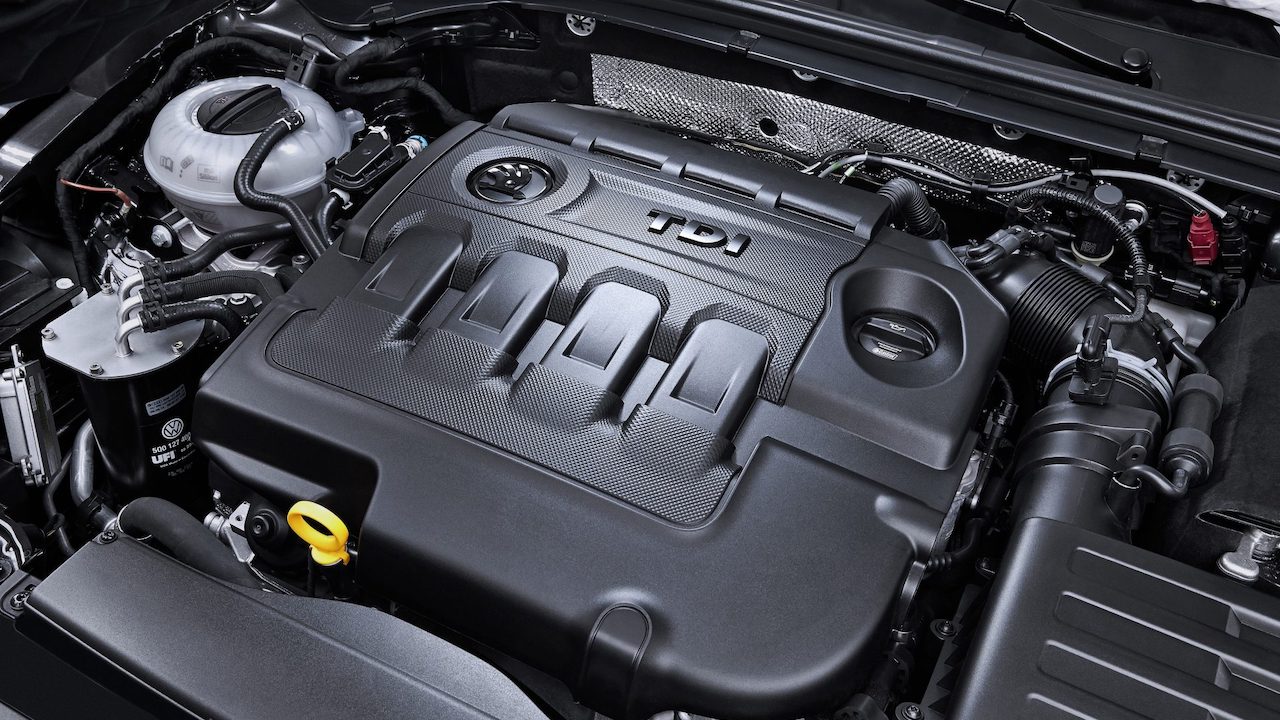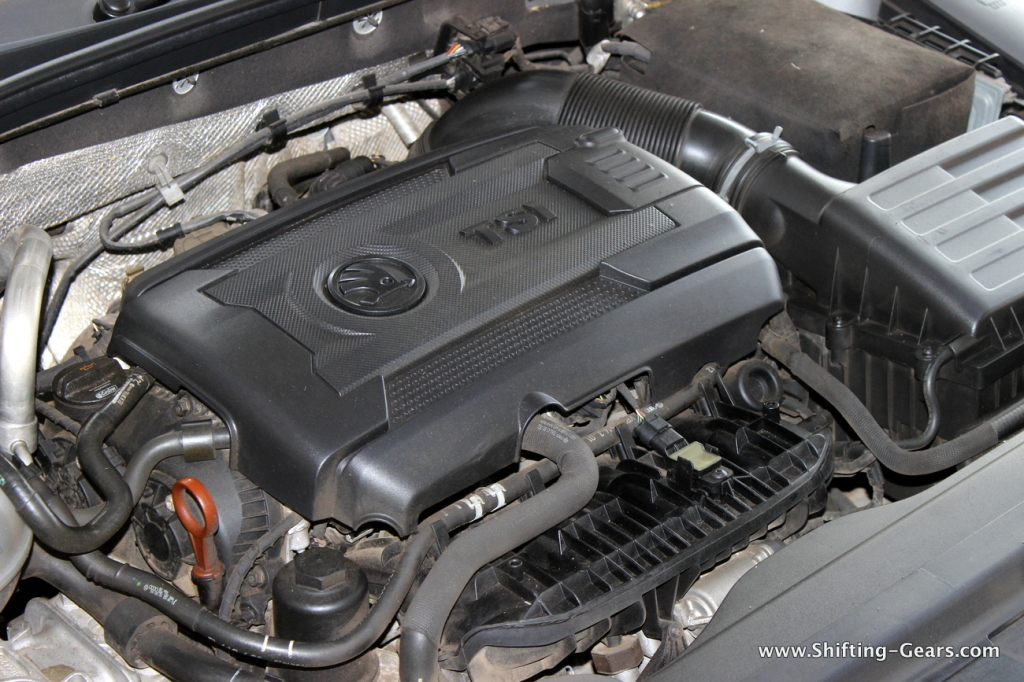

With the stringent BS-6 emission norms kicking in, a lot of automotive makers in India opted to stay away from diesel power mills. Giants like Maruti Suzuki, Volkswagen and Skoda were the first carmakers to decide to only have petrol engines in their lineup of products post-BS-6 emission norms. Now in a report, Skoda confirms that the situation remains unchanged as the company has no plan to bring in diesel engines to India. Though, there are chances that the larger capacity diesel engines could make a comeback via the CBU (Completely Built-Up) route.
Just before the BS-6 emission norms kicked in, Skoda had two diesel engines in their portfolio, the 1.5-litre TDI motor which powered the Rapid and the 2.0-litre TDI which did its duty in the Octavia, Superb and Kodiaq. With the automotive world moving close to getting electrified in the next few years, developing diesel engines that match the strict emission norms which are now common across all countries is proving very costly. But, in India, particularly in the SUV segment, the demand is still high for diesel-powered motors. Take the example of the top-selling SUV in the country, the Hyundai Creta, which reports almost 40% of its buyers opting for the diesel powertrain. Thus, we wait to see if Skoda group decides to bring in diesel engines to its SUV lineup.
Skoda and Volkswagen are preparing themselves for the launch of Kushaq and Taigun respectively, the first products built on the newly developed MQB-A0-IN platform. As per rumours, both the SUVs will have two petrol engine options, a 1.0-litre TSI turbo-petrol and a 1.5-litre TSI turbo-petrol and no diesel engine. When launched, both these products will compete in the hotly contested SUV segment and take on the likes of Hyundai Creta, Kia Seltos, MG Hector and more. The electrification shift is in full swing for Volkswagen in the global market and we can expect the German carmaker to launch its first electric car for the Indian market very soon.

